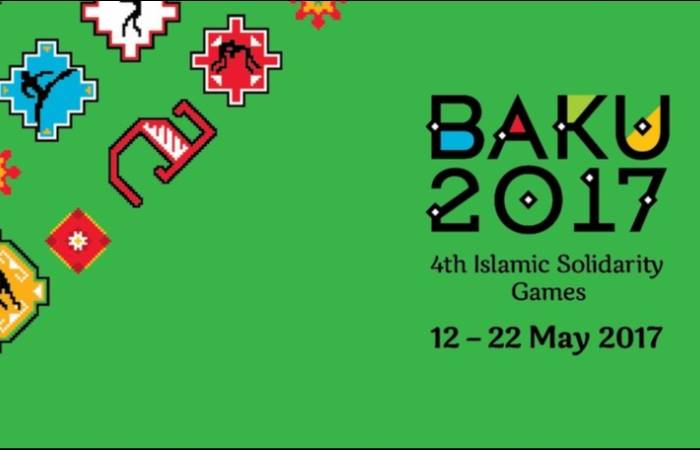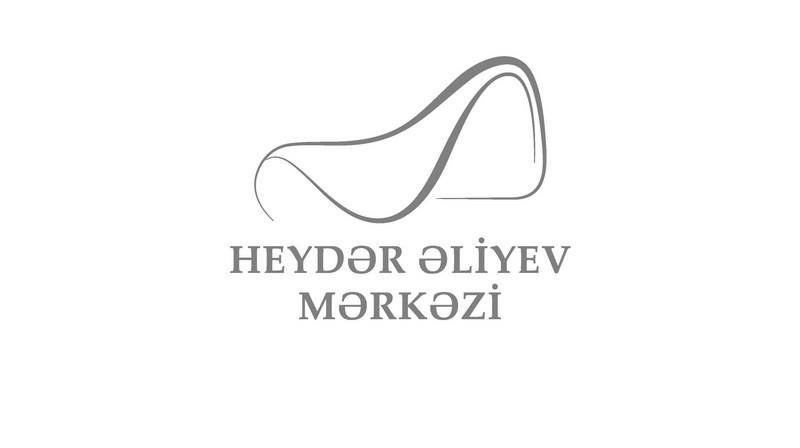Lahij - mountainous cradle of brilliant craftsmanship
 Being under the influence of the ancient Khinalig, which I wrote about last time, it is high time to visit another ancient town - the neighboring Lahij.
Being under the influence of the ancient Khinalig, which I wrote about last time, it is high time to visit another ancient town - the neighboring Lahij.
A day spent in this town, which is far away from civilization, will immerse you in good old days when everything was more hearty and soulful.
Lahij is a small town in the Ismayilli region, situated about 220 km northwest of Baku in the southern slopes of the Greater Caucasus Mountains.
Removed and isolated, this town has its unique atypical style of life. But before reaching the village, you will be already excited by the road itself, with its picturesque nature, animals, and flowering fields.
Lahij's population speaks Tati, an Indo-European dialect of an old Persian tongue. Populated by about 1,000 people, the settlement is a craft center.
Due to its unique and original features, the town has attracted writers, scholars, artists, and filmmakers throughout its history, and is a pleasant place for curious tourists.
Carpet weaving, coppery, brass work, woodcarving, and handcrafting are the main occupation of the villagers.
Lahij's master craftsmen can create forty types of items related to folk art. These skilled craftsmen consist of jewelers, blacksmiths, carpenters, carpet makers, engravers, painters, tanners, shoemakers and bast shoe makers, and sock weavers. The town is also well-known for its copper works and ornaments.
The village's carpets and rugs are also well known in Azerbaijan and the South Caucasus. So you can definitely find unusual presents for yourself and your friends.
You will also be impressed by the town's architecture. Due to frequent earthquakes, the village has developed its own building techniques. A traditional stone-and-wood cross-tie technique has born results, and the damage caused by quakes in places like Shamakha remains unseen in Lahij.
The ancient houses in Lahij have remained unchanged to the present days. The houses' ground floors, built on the main trading street, are used as workshops and trade rooms.
The traditional interiors of these houses include decorative tableware and other items, placed in different-sized holes in the walls and on shelves.
Here, on the ancient cobblestoned streets, you can spend a few interesting hours walking along the town or visiting the History Museum and the Mosque, visit the shops, have a look at the copper workshops, or try to visit the carpets shop.
The town is a nice place to visit mostly during the warm months of the year, so now is quiet the right time to try and enjoy a trip to this remote and captivating place.




















